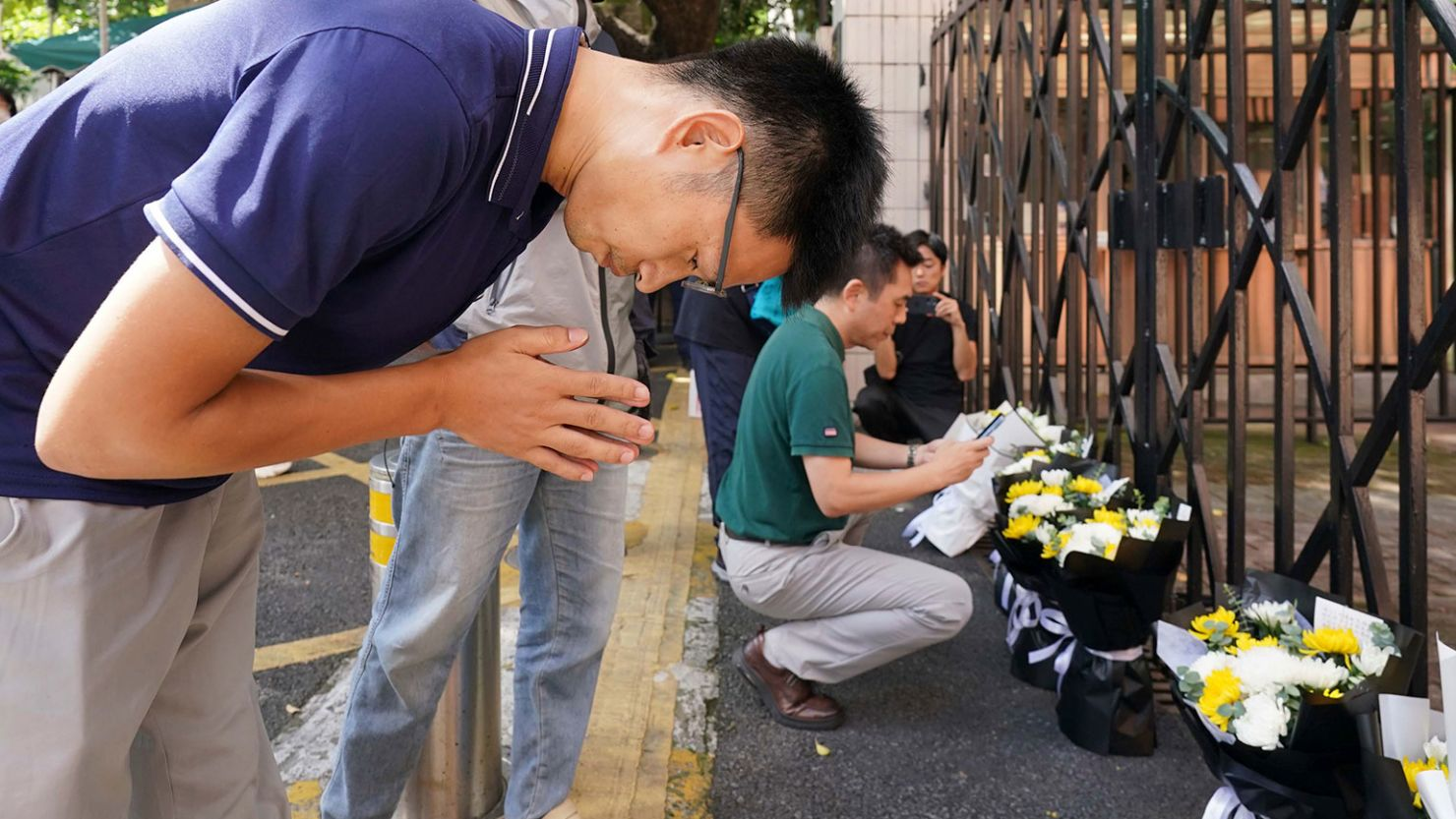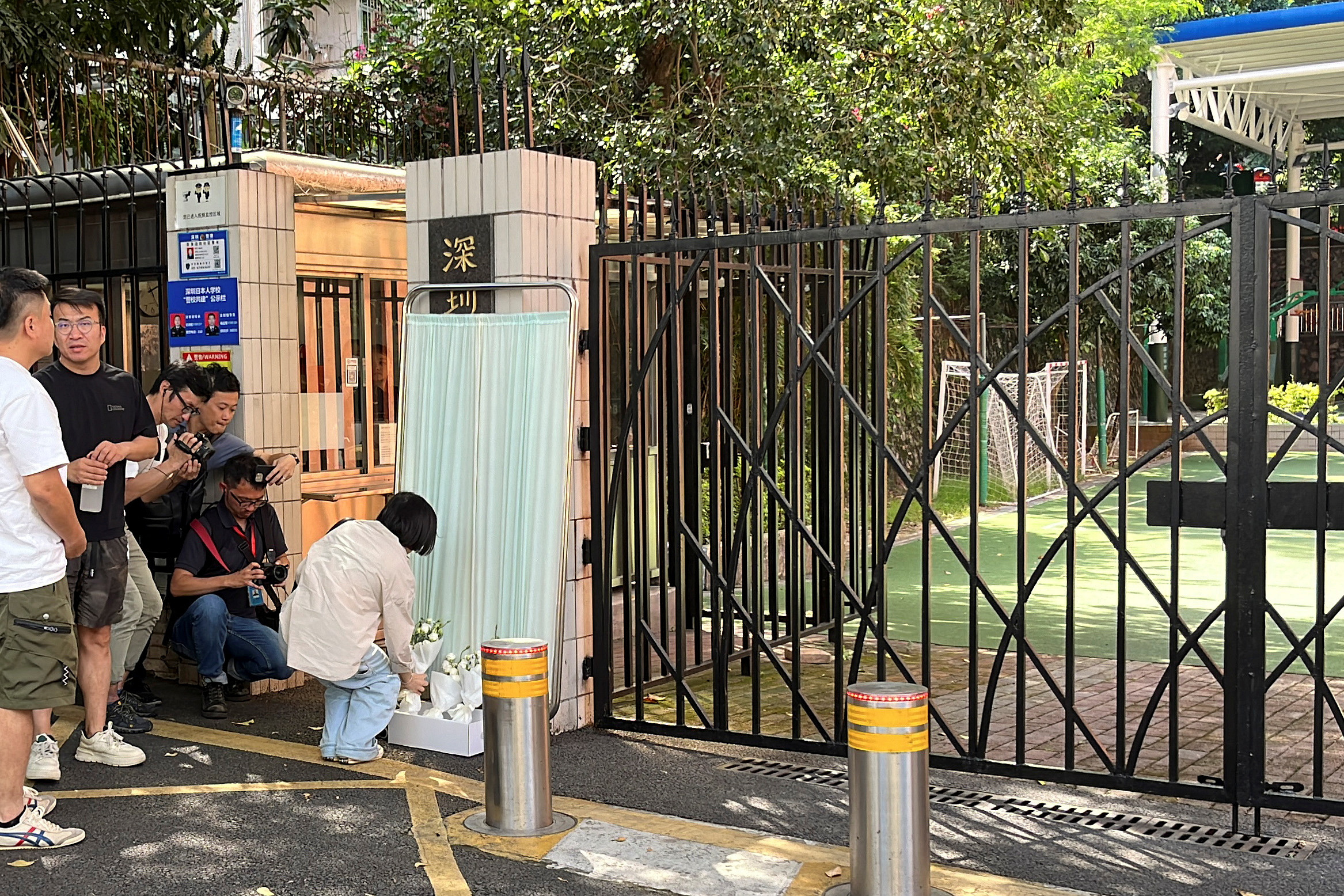Tragic Killing of Japanese Boy Sparks Debate Over Rising Nationalism in China

The brutal killing of a 10-year-old Japanese-Chinese boy in Shenzhen has ignited deep soul-searching in China, with many questioning the role of extreme nationalism in fueling violence. The boy, the son of a Japanese father and Chinese mother, was fatally stabbed on his way to school, marking the second knife attack on Japanese children in China in recent months. While authorities have described the incidents as isolated, they have stirred concerns about rising xenophobia and nationalist sentiment, especially towards Japan.
The complex relationship between China and Japan, shaped by wartime history and territorial disputes, remains sensitive. Some Chinese citizens and commentators have accused the government of fostering a “culture of hatred” towards Japan, exacerbated by nationalist rhetoric and propaganda. A Shenzhen resident who left flowers at the school where the boy was a student expressed shame and heartbreak, blaming long-standing anti-Japan education for the violence.
Online commentators have echoed these concerns, with several calling for an end to anti-Japan sentiment. However, many of these discussions were quickly censored on Chinese social media platforms. One viral post removed from WeChat highlighted the dangers of nationalist rhetoric spilling into real-world violence, a concern shared by the Japanese community in China, many of whom now fear for their safety.
Anti-Japanese sentiment in China is deeply rooted in the atrocities of World War II, reinforced by patriotic education and state propaganda. Chinese leader Xi Jinping has increasingly evoked this history to garner public support for his nationalistic agenda. However, critics argue that this has perpetuated resentment and distrust between the two nations. The timing of the boy’s death, which coincided with the anniversary of Japan’s invasion of China, has fueled speculation about the attack’s motive.
Despite official denials from the Chinese government, which insists there is no “Japan-hating education,” the rise in online xenophobia is clear. Ultra-nationalistic posts targeting Japanese schools and businesses have become popular, with influencers using anti-Japan rhetoric to attract attention. In response, some platforms have taken action, suspending accounts that promote hostility.
Calls for reflection have also come from Chinese intellectuals living in Japan. A joint statement signed by several prominent figures condemned the nationalist hate education prevalent in China and urged for change. Japanese officials have also pressed China to ensure the safety of Japanese citizens, with Japan’s Foreign Minister Yoko Kamikawa calling for a crackdown on anti-Japan social media posts.
While some Japanese families in China are choosing to return home, others, like one mother of two in Guangzhou, remain. She emphasized that the extreme rhetoric online does not reflect the Chinese people she has encountered, expressing her sadness over the tragedy and the subsequent tensions between the two nations. Acts of solidarity, such as the more than 1,000 bouquets left at the Japanese school, show that many Chinese citizens are also grieving the loss.
The killing has raised profound questions about the effects of nationalistic propaganda, with increasing calls for a more balanced approach to China’s relationship with Japan.















